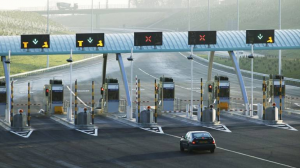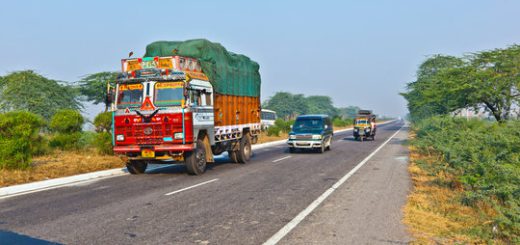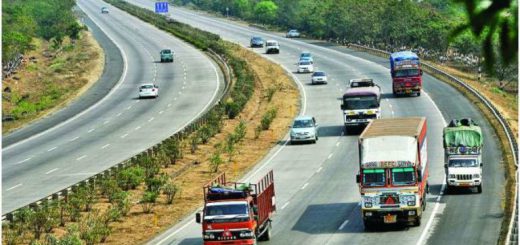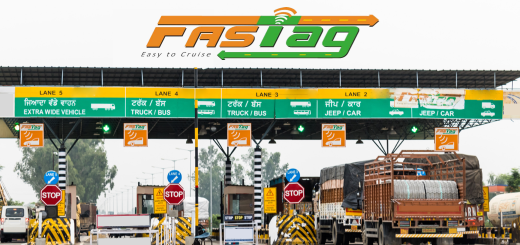Here’s all you need to know about FASTags
Soon, electronic toll collection device FASTags will be integrated with the Goods and Services Tax (GST) e-way bill system.
The GST Council has already given the green signal for an MoU between the Indian Highways Management Company (IHMCL) and GST Network (GSTN). From December 1, FASTags will be made mandatory on national highways throughout the country. Individuals not using a FASTag will be charged double the toll.
The payment method is a part of the National Electronic Toll Collection (NETC) programme. The GST network (NPCI) collects the payments.
What are FASTags?
A FASTag is a reloadable electronic toll collection card meant to be stuck to the windscreen of a vehicle.
It eliminates the need to stop for toll payment, and eases movement of vehicles.
The system at the toll plaza uses Radio Frequency Identification (RFID) technology to deduct the payment from the user’s account. The reader at the toll plaza detects the card when the vehicle is 25 metres away.
Seven banks are currently linked with FASTag – SBI, ICICI Bank, Axis Bank, HDFC Bank, IndusInd Bank, Paytm Payments Bank and Equitas Small Finance Bank.
Recharging the card can also be done through the My FASTag app.
How is a FASTag account created?
A FASTag account is created after providing the vehicle registration papers, required identity proof for Know Your Customer (KYC) – Aadhar card, PAN card, or driving license – and an address proof. A passport size photo of the individual is also required.
Where can they be purchased?
FASTags can be bought at toll plazas, some banks and they are also available on Amazon India.
A one-time tag deposit amounted is charged, which starts at Rs 200 (for cars, jeeps and vans) and goes up to Rs 500 (for trucks and tractors), according to the official website.
There have been report og technical glitches during the initial rollout of FASTags, But the National Highways Authority of India (NHAI) officials have said that the technical issues will be resolved and more employees will be deployed during the migration.
Source: http://bit.ly/35OurQO





Recent Comments